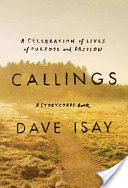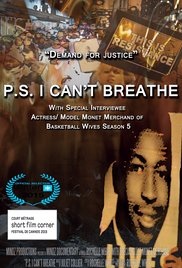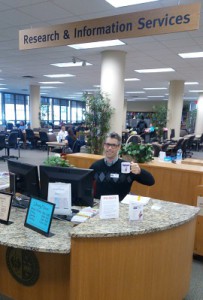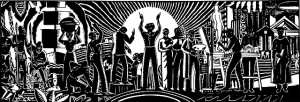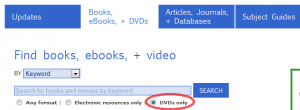Ta-Nehisi Coates – Between the World and Me
Ta-Nehisi Coates will be delivering the keynote presentation, “Between the World and Me” at 6:30 pm on April 4th, at Calihan Hall. Don’t miss out on this rare opportunity to be in the presence of, and listen to one of the most thoughtful and challenging voices speaking and writing today.
In a recent piece in The Atlantic Tressie McMillan Cottom writes, “in The Atlantic, Coates is a cross between a public historian and a public sociologist.” Ta-Nehisi Coates is a regular contributor to The Atlantic, a comic book writer, and the author of two full length books. His prose has received high praise from the fields of journalism and literature, receiving many awards in the process. His seminal piece on reparations is one of the most accessed essays on The Atlantic Website and he has famously been compared to James Baldwin.
Biography:
From The MacArthur Foundation - MacArthur Fellows | Meet the Class of 2015
Resources:
UCLA Library Guide – Be sure to check out the timeline of resources related to Ta-Nehisi Coates’ Between the World and Me
UCLA also put together a very useful guide for facilitators and a succinct list of possible discussion questions for those who’ve read the book.
The University of Oregon chose Between the World and Me as a common read and put together a Reading Resources Guide to help their community navigate the theme’s and issues discussed in the book.
Ta’Nehisi Coates On His Work and the Painful Process of Getting Conscious : NPR Author Interviews
Bibliography:
Between the World and Me (2015) (Read and excerpt published in The Atlantic)
The Case for Reparations (2014)
All Stories by Ta’Nehisi Coates – The Atlantic
The Beautiful Struggle: A Father, Two Sons, and an Unlikely Road to Manhood (2009)


